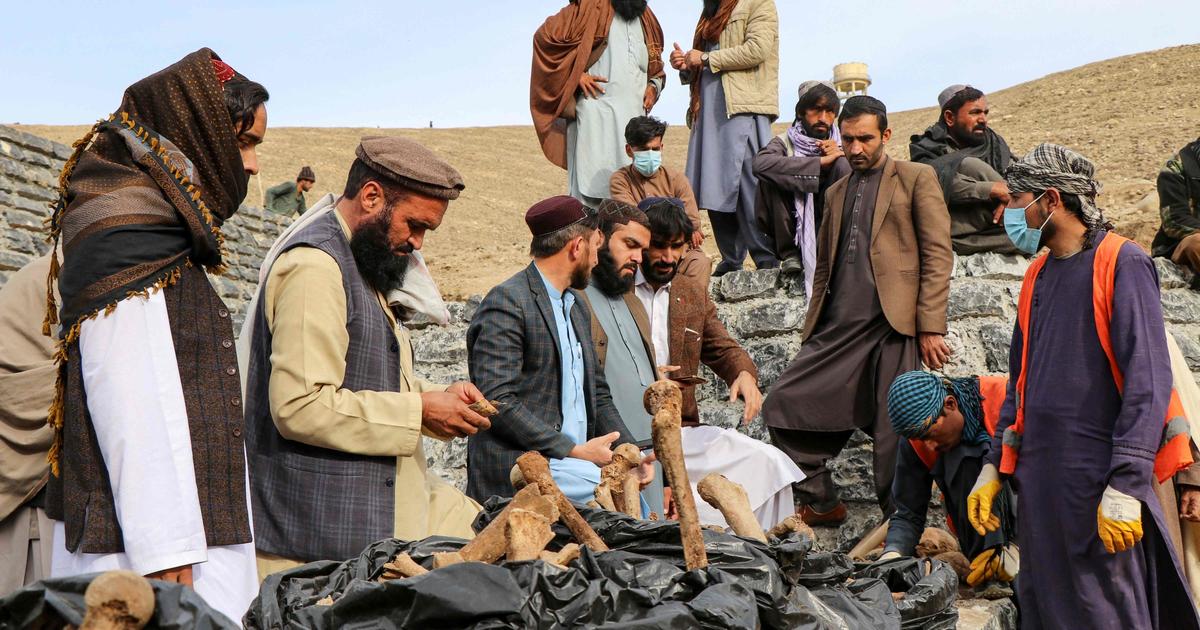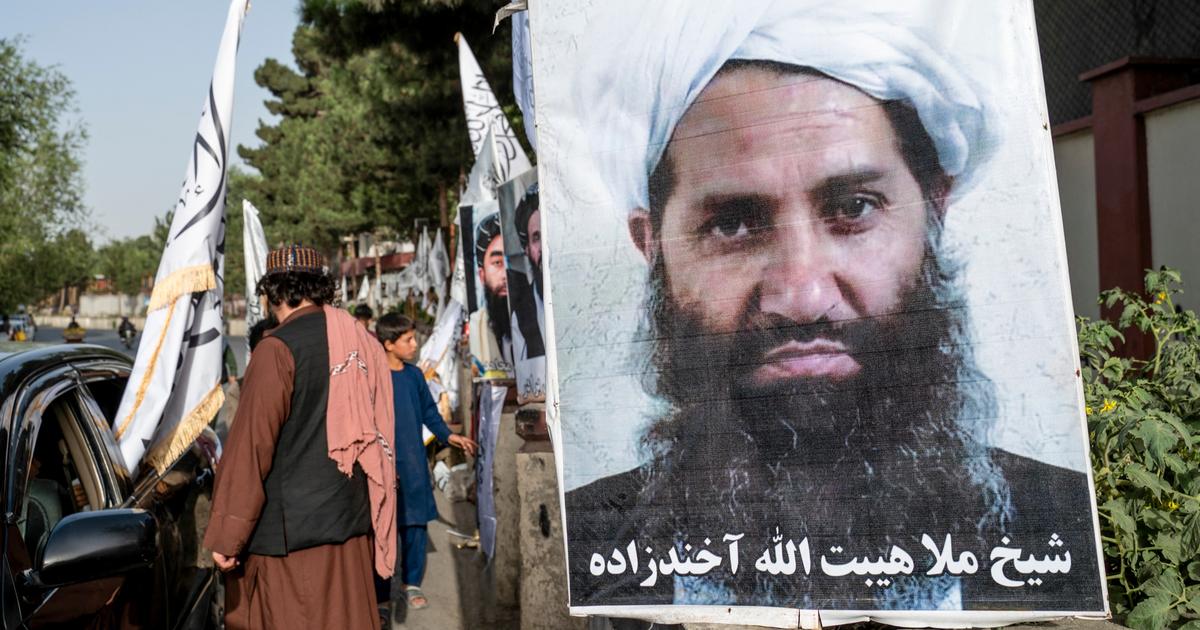The Afghan team is probably the most excited and happy among the more than 180 countries that compete in the Chess Olympiad in Chennai (India).
Until a few days ago, four of its players, who live in Afghanistan, feared being fined or having their hands cut off for playing chess, prohibited by the Taliban government according to the most radical interpretation of the Koran.
Now they are authorized, and that also feeds them a double hope: that girls do not have to leave school at the age of 11, and that this implies revoking the still valid ban on women playing chess.
Yerevan (Armenia), 1996 Chess Olympiad. Six exhausted Afghans arrive seven days late.
More than 1,500 chess players from all over the world stand up in a huge hall to receive them with a long applause as they walk to their assigned table to play the 7th round.
The Afghan capital, Kabul, had already fallen under Taliban power, but they came from the north, still free, on a ten-day trip, crossing three countries by bus and two by plane.
The president of the Afghan Federation, Mohammad Esmaiel Jamshidi, then explained that chess had been popular in Afghanistan for centuries: “It was learned in almost every home by the age of five;
normally, it was the mother who taught the rules.
In 1987, the Ministry of Education and Science, under the Government of President Najibullah,
In the following edition of the Olympiad (Elista, Russia, 1998), a similar scene was experienced, with exiled Afghans who managed to form a team.
The Taliban horror in its first stage lasted until 2001 (and longer in some regions of Afghanistan).
But the lack of resources meant that the women's team could only play the Olympics sporadically, in 2008 (Dresden) and 2012 (Istanbul).
The captain of the men's team, Khyber Farazi, now explains his hope: “We have fought until the last minute to obtain this authorization, which is a great joy.
Four of us six live in Afghanistan and we will be able to return without fear of punishment.”
But they are not satisfied with that: “It is very important that we achieve a good sporting result, that we stand out among the teams of our level, because then the Government will see that chess can give international prestige to the country, and that can also benefit women. chess players”.
The third board, Sepehr Sajawaty, remembers his enormous frustration: “I am aware that being alive and being able to play chess is already a great privilege.
But I couldn't do it, except with my father, for fear of fines or something much worse, that my hands would be cut off like thieves.
The chess situation was terrible but, after weeks of waiting for the news, the authorization to travel to Chennai finally arrived.”
"Chess is a devilish game that boggles the minds of those who play it."
That phrase by the leader of the 1979 Iranian Revolution, Imam Khomeini (1902-1989), revealed why the most extreme interpretation of the Koran prohibits chess, even though chess is not mentioned at all in that holy book (despite the fact that the Muslims, who brought it to present-day Spain in the 8th century, already knew it in the 7th).
In the Middle Ages, it was practiced in some countries with bets and dice, and games of chance or envite are prohibited because they can distract the Muslim from the obligation to pray and are also often associated with alcohol consumption.
Another problem, but less important, is the prohibition of games whose pieces represent relief figures of people or animals;
therefore, Arab chess pieces are usually flat.
In addition, according to the radicals, the Muslim warrior has three recommended activities when he is at home: horseback riding, archery and enjoying himself with his women.
Then there is a majority of acts or hobbies that are tolerated;
and finally there are the forbidden ones, where Khomeini included chess.
But he corrected himself shortly before he died, convinced by Iranian intellectuals whose arguments were irrefutable: chess has not been played for centuries with bets or dice;
and, above all, it is a game of war, and therefore ideal for warriors when they rest.
Today, Iran is one of the great powers of Asian chess, but its players suffer from another kind of problem: they are forced to lose by forfeit when they face an Israeli.
Two Iranian women play chess in 1995Kaveh Kazemi (Getty Images)
However, everything indicates that the Taliban movement was not aware of this process in the neighboring country when it took over the Afghan government for the first time, in 1996. And, as had already happened with several Iranian professional chess players, the best Afghan players and several managers they had to leave by legs because their passion for a game that teaches thinking was very dangerous.
Khomeini and the Taliban are not the only enlightened ones who have banned a game with more than fifteen centuries of documented history.
The Saudi mufti (religious authority) Abdulaziz al-Sheikh argued as a justification, in 2016, one of the many virtues of chess: "It makes the poor rich and the rich poor."
And he added: "It creates hostility and incites to waste time."
A few months later, the very famous Turkish Imam Ahmet Mahmut (he blessed President Erdogan and his wife) went even further: "Playing chess is more sinful than gambling or eating pork."
And he added: “The chess players are cursed.
They tend to lie more than the rest of the people.”
Fortunately, their respective governments paid no attention to them: Saudi Arabia joined the International Chess Federation (FIDE) a few years ago.
The Catholic Church also banned chess at various times and places, arguing that it distracts from prayer, until Pope Leo X (1475-1521) gave it his blessing.
The motivation was very different when a provisional government did it in China while the great leader Mao Zedong (1893-1976) was dying.
It was during the Cultural Revolution (1966-1976), when everything that sounded Western was banned (despite the fact that Chinese chess, similar to international chess, also exists), including Beethoven's music.
The police fined chess players and burned technical books in town squares.
But it was short-lived: in 1991, the world champion was already Chinese, Xie Jun.
In his conversation with this newspaper, the captain of the Afghan team, Farazi, is very restrained when talking about his government, and gives the impression of not telling everything he knows.
But he stresses: “That we are here is very important;
not only for us, but for the beneficial repercussions it can have, especially for women”.
Subscribe to
the weekly newsletter 'Wonderful play',
by Leontxo García
50% off
Subscribe to continue reading
read without limits
Keep reading
I'm already a subscriber

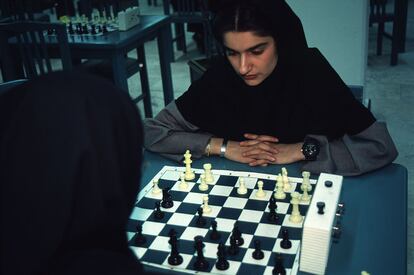

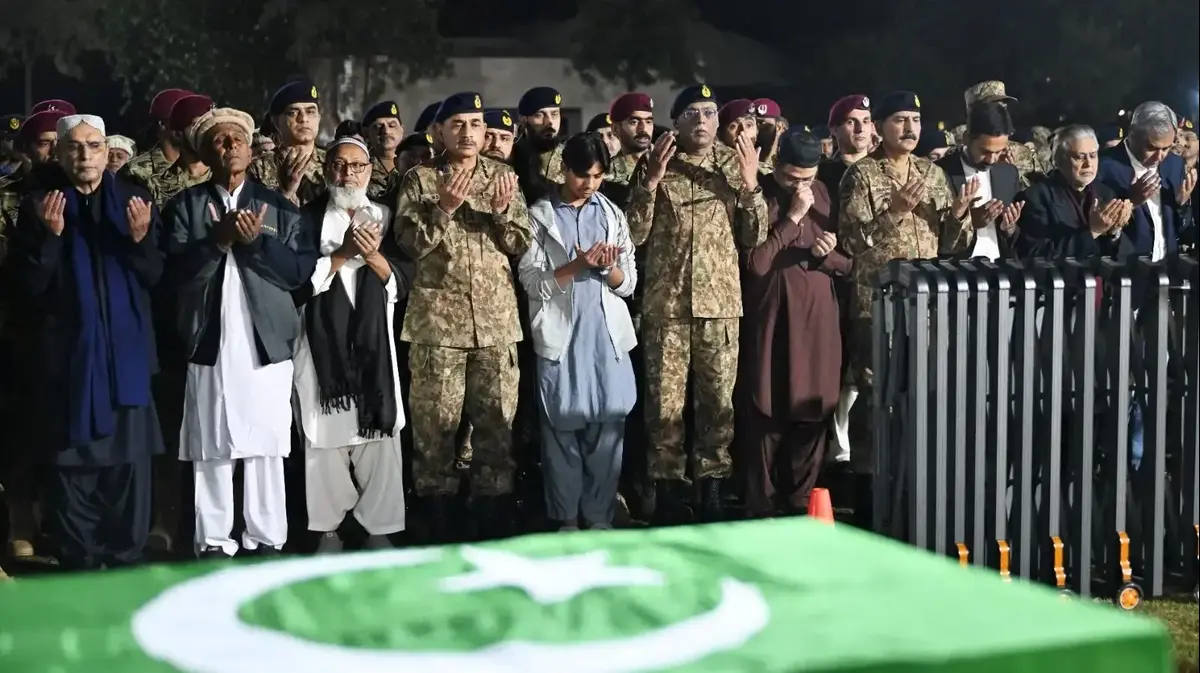

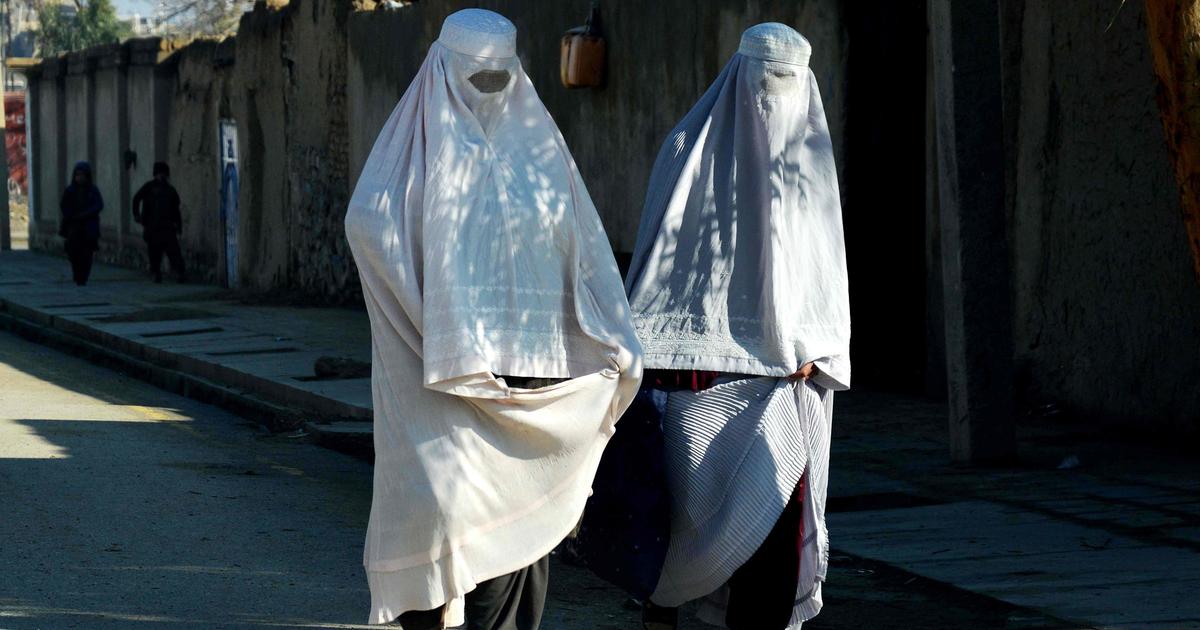
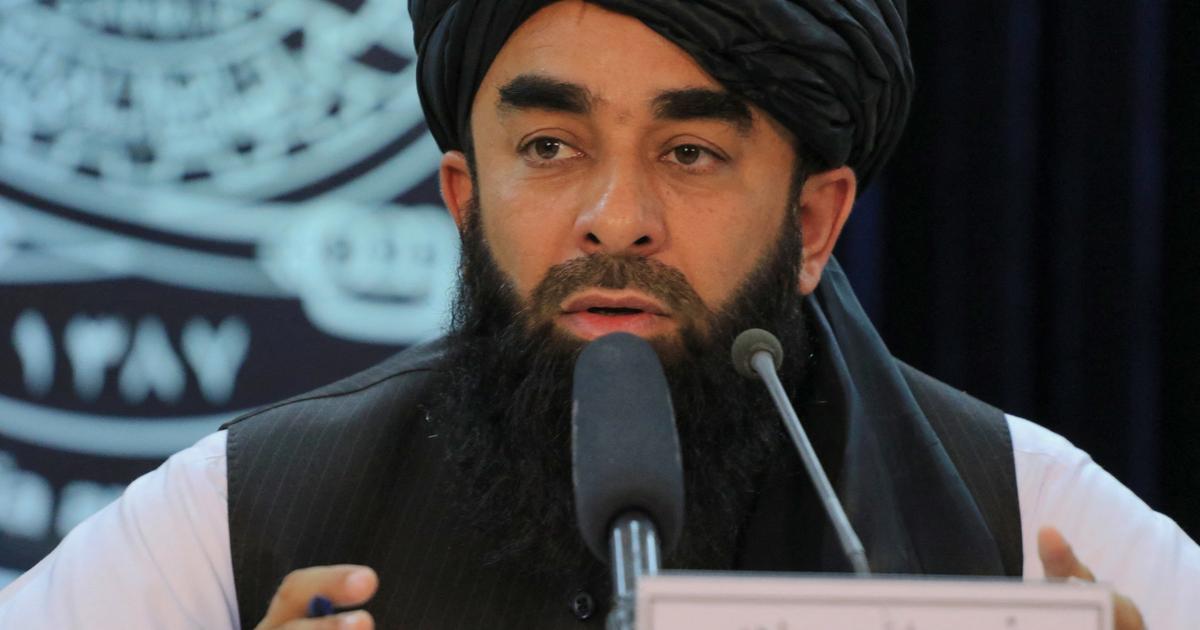
/cloudfront-eu-central-1.images.arcpublishing.com/prisa/W5KZBWLPLRBX3IWMAICFLQKN3E.jpg)
